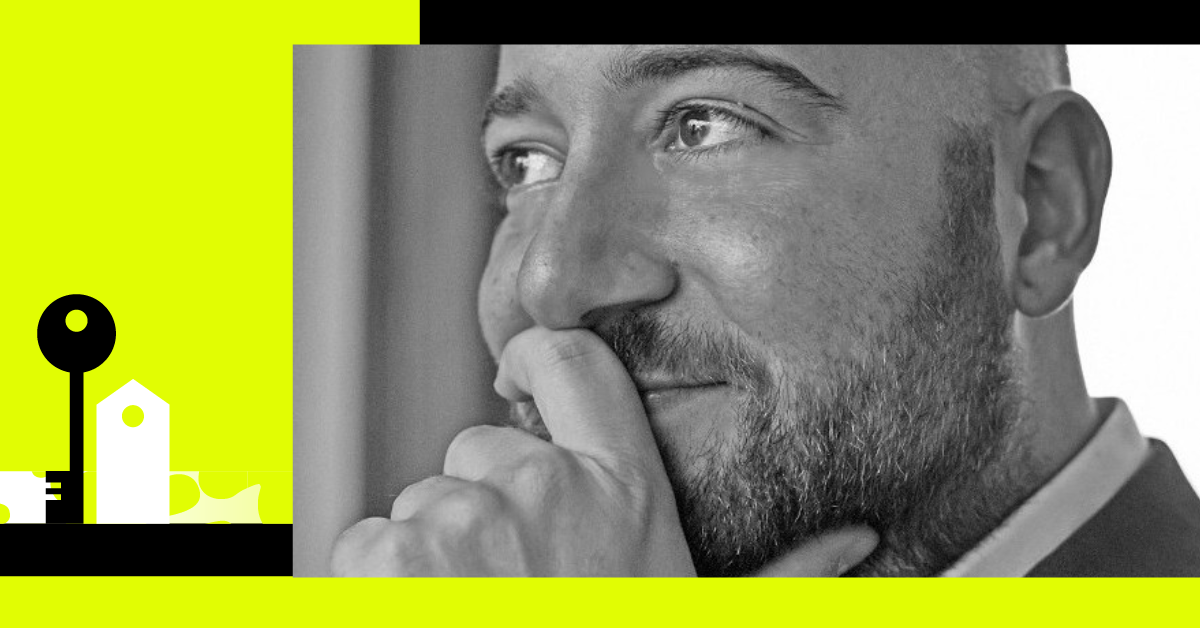
In an interview with Armando Travaglini, consultant and trainer of digital tourism marketing, we anticipate one of the topics that will be covered at BTO 2023: How the world of advertising for hospitality facilities is changing thanks to the new tools of AI.
How do you see the use of artificial intelligence and machine learning in optimizing online advertising campaigns for hotels and accommodation facilities?
Artificial intelligence and machine learning are revolutionizing the way hospitality facilities promote themselves online. Thanks to these tools, we can analyze data in real time to better understand the behavior of potential customers and to personalize advertising campaigns accordingly. For example, we can use predictive algorithms to identify who the potential guests will be and tailor ads based on their preferences and past behavior. The whole trend of generative AI is also very interesting, probably the most interesting sector of the last few months, thanks to which the accommodation facility will be able to easily generate textual content, images and videos starting from its own characteristics: This will have a significant impact on all advertising on social media (Facebook and Instagram primarily), but also for the various Google channels and for “new” social networks such as TikTok.
What are some concrete examples of how AI is used to improve the effectiveness of advertising campaigns for hotels and accommodation facilities?
AI is essential to optimizing target segmentation and creativity. By analyzing the guest data and their characteristics, you can create highly-targeted ads that directly address each customer’s specific needs and desires. If our hotel has two distinct guest segments, for example couples and families with young children, the use of new types of advertising campaigns allows us to create clusters of distinct audience segments and show them textual ads, videos and images as consistent as possible with the type of target. And this also happens at the perfect time and on the most conversion-oriented device throughout the customer journey. For example, if the Machine Learning tools detect that a potential target user reads travel blogs in the inspiration phase and then searches on a search engine to compare and then book, the campaigns will be modeled accordingly in order to find the facility with the right message on the best performing channel. AI also allows us to monitor and adapt advertising campaigns in real time, ensuring constant optimization of performance while always keeping ROI under control, which is the great challenge of digital marketing today.
How is AI influencing the personalization of customer experiences in the hospitality industry?
AI has enabled large-scale personalization that would have been unthinkable in the past. Through behavioral data analysis we can offer highly-personalized suggestions and offers based on their travel habits, lodging preferences and personal interests. This level of personalization helps improve overall customer experience and favors loyalty-creating. The use of first-party data, i.e. guest information owned and managed by the facility, allows us to analyze behavioral characteristics in great depth and provide digital and non-digital experiences that are as personalized as possible. In order to do all this, you need a good CRM integrated with other typical hotel management tools such as PMS and Booking Engine and above all, a lot of attention must be paid to the quality of the input data. The famous saying “Garbage in Garbage out” always applies: If the starting data is incorrect or dirty (and in a good percentage of hotels this is the case) the output can only be wrong and therefore, useless.
What role will AI and machine learning play in the future of hospitality advertising campaigns?
In the near future, I predict that AI and machine learning will become even more crucial in the hospitality industry. We will see greater integration of technologies like natural language processing and image analysis to better understand customer desires and provide even more refined personalized experiences. Additionally, automating marketing processes will allow hospitality facilities to focus more on innovating and improving overall customer experience. All players are integrating AI-based solutions into their products. Numerous startups linked to generative AI have been created for the production of textual content, images and videos for the hospitality sector. There are many good projects, but some are a bit trivial and are essentially based on an interface towards tools that already exist (ChatGPT first and foremost). The real challenge for the hotelier is to distinguish valid projects from less highly-performing ones. In the panel that I am organizing for the next BTO entitled “AIdvertising in Hospitality” we will also talk about this, comparing the opinions and strategies adopted by various chains and groups of Italian accommodation facilities.
The interview concerns the topic “Hospitality” and was conducted by the scientific coordinator of the topic, Nicola Zoppi.
We look forward to seeing you at BTO – Be Travel Onlife to listen to Armando Travaglini live and delve deeply into the topic including operational strategies, case histories and practical tips.
The appointment is in Florence on November 22 and 23, 2023.
